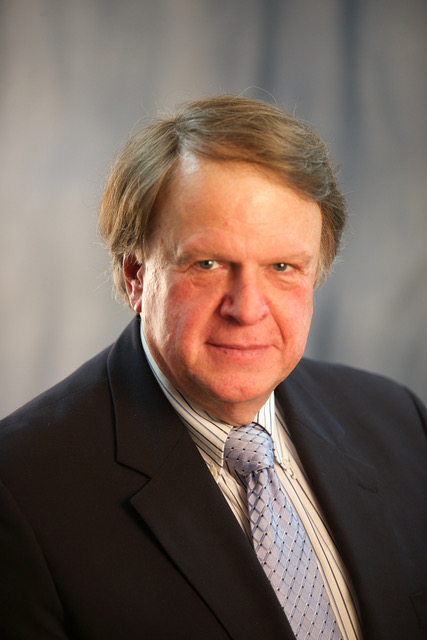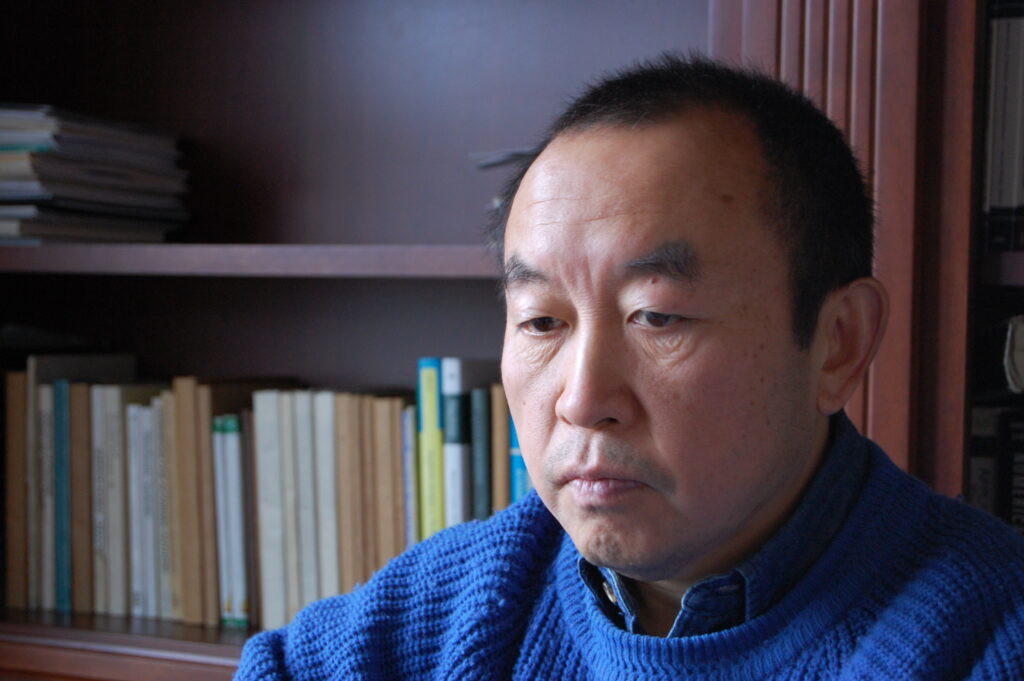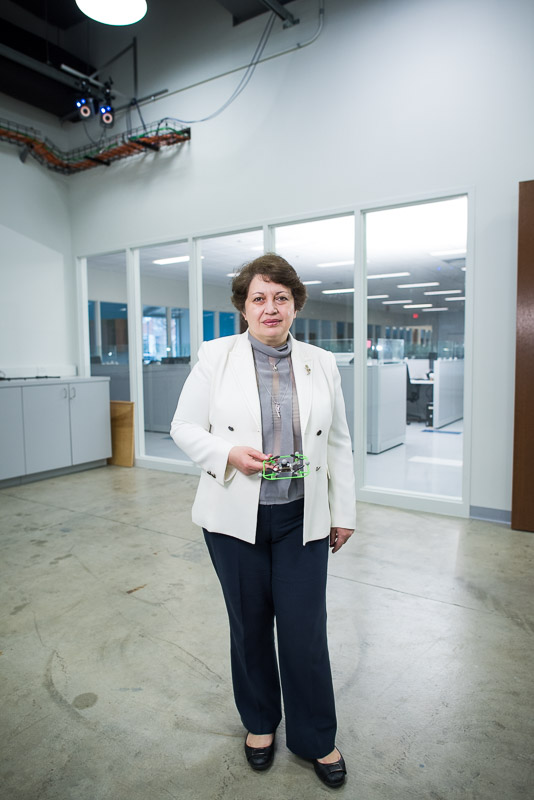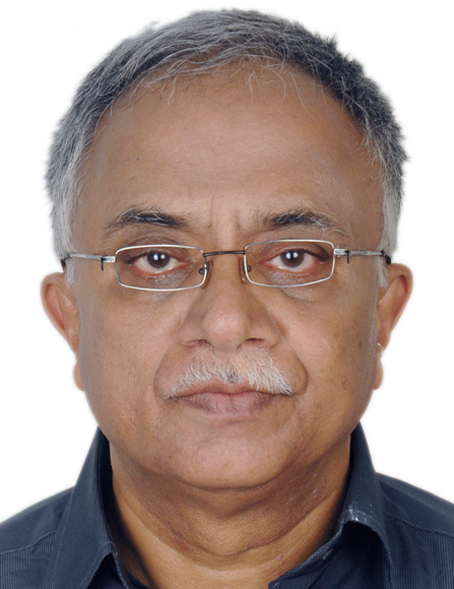
May 19, 2025, 11:00am – 12:00am
Montgomery Knight 317
John S. Baras
Distinguished University Professor
Lockheed Martin Chair in Systems Engineering
Institute for Systems Research
University of Maryland College Park
https://johnbaras.com/
Efficient Integration of ML and AI with Model-Based Systems Engineering for Trusted Autonomy
Abstract
We address the efficient integration of Machine Learning (ML) and Artificial Intelligent (AI) methods, algorithms and tools, into Model-Based (aka domain knowledge) frameworks for the design and control of complex systems, single agent and multi-agent. The focus is on Trusted Autonomy, which incorporates safety, robustness, and other related measures. We emphasize why this is the key problem to investigate currently and in the future amidst the rapidly expanding applications of ML and AI. However, incorporation of ML and AI for control of complex systems face two formidable challenges: real-time specification, computational constraints and severe limitations on the number of real-life time series data to learn from. We describe our recent development, validation and demonstration of a methodology and software tool suite that is comprised of three primary innovative tools, integrated towards this ambitious goal. The first methodology and tool address the efficient mapping of generic autonomy stack components to SysML components: PERFECT (PERFormance Evaluation Composable Tool). We demonstrate on autonomous ground vehicle (AGV) task execution of various autonomy stacks from SysML in variable complexity environments. The second methodology and tool address the critical TRadeoff Analysis and DEsign Space EXploration (TRADES-X) on SysML and improvements with data-driven methods. We demonstrate efficiency in computational complexity and orders of magnitude savings in required simulation and real-life experiments and testing using AGV examples. The third methodology and tool address the VERIfication of Trusted Autonomous Systems (VERITAS). We demonstrate its superior performance in cyber-physical autonomous systems examples. We close with a brief description of current and future research directions and goals, and the synergy we are bringing incorporating the following novel and key methods: robustness in ML/RL/AI, integration of KGs with LLMs, state space models for transformers, progressive learning in hybrid systems.
Bio
John S. Baras is a Distinguished University Professor, holding the Lockheed Martin Chair in Systems Engineering, in the Institute for Systems Research (ISR) and the ECE Department at the University of Maryland College Park (UMD). He received his Ph.D. degree in Applied Mathematics from Harvard University, in 1973, and he has been with UMD since then. From 1985 to 1991, he was the Founding Director of the ISR. Since 1992, he has been the Director of the Maryland Center for Hybrid Networks (HYNET), which he co-founded. He is a Fellow of IEEE (Life), SIAM, AAAS, NAI, IFAC, AMS, AIAA, Member of the National Academy of Inventors (NAI) and a Foreign Member of the Royal Swedish Academy of Engineering Sciences (IVA). Major honors and awards include the 1980 George Axelby Award from the IEEE Control Systems Society, the 2006 Leonard Abraham Prize from the IEEE Communications Society, the 2017 IEEE Simon Ramo Medal, the 2017 AACC Richard E. Bellman Control Heritage Award, and the 2018 AIAA Aerospace Communications Award. In 2016 he was inducted in the University of Maryland A. J. Clark School of Engineering Innovation Hall of Fame. In June 2018 he was awarded a Doctorate Honoris Causa by his alma mater the National Technical University of Athens, Greece. His research interests include systems, control, optimization, autonomy, machine learning, artificial intelligence, communication networks, applied mathematics, signal processing and understanding, robotics, computing architectures, formal methods, network security and trust, systems biology, healthcare management, model-based systems engineering. He has been awarded twenty patents and honored with many awards as innovator and leader of economic development.



